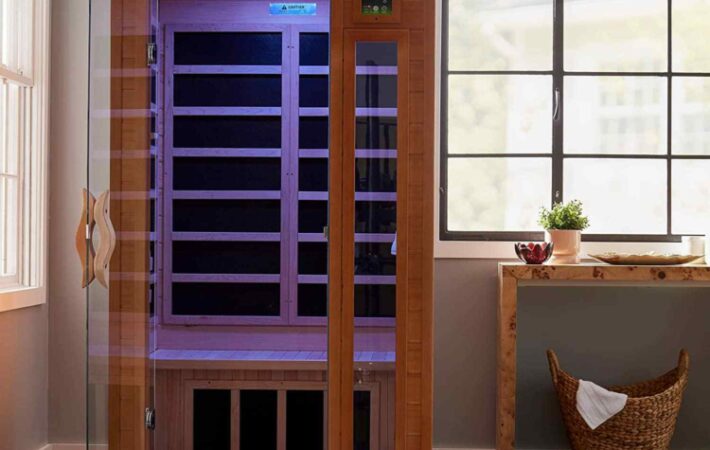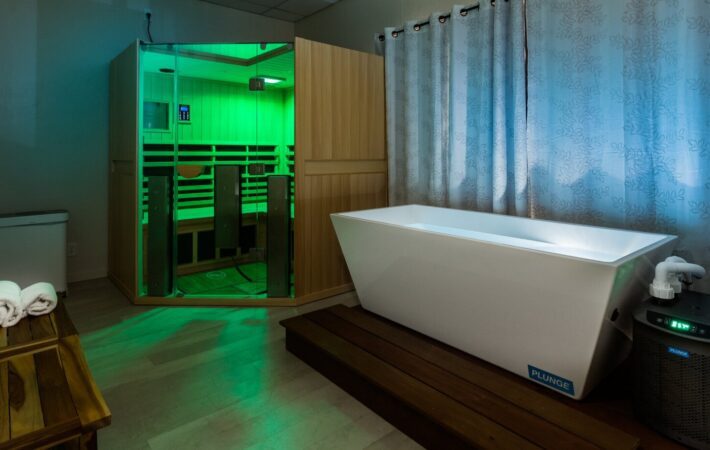Allergies affect millions of people worldwide, causing discomfort and interfering with daily life. While conventional treatments like antihistamines and nasal sprays are commonly used, alternative therapies are gaining attention. Sauna therapy, known for its relaxing and detoxifying effects, has emerged as a potential natural remedy for allergies. In this article, we explore the effectiveness of sauna therapy in alleviating allergy symptoms.
Understanding Allergies
Allergies are immune system responses triggered by exposure to certain substances, known as allergens, such as pollen, dust mites, or pet dander. Common symptoms include sneezing, itching, nasal congestion, and watery eyes. The body’s immune response releases histamines, causing inflammation and allergy symptoms.
The Potential Benefits of Sauna Therapy
Saunas are heated rooms or chambers designed to induce sweating. Proponents of sauna therapy suggest that the heat and steam can potentially provide relief for allergy sufferers. The following factors are believed to contribute to the possible benefits of sauna therapy:
- Improved respiratory function: Sauna therapy proponents claim that the heat and humidity in saunas can help open up airways, reducing nasal congestion and promoting easier breathing.
- Detoxification: Sweating induced by saunas is believed to facilitate the elimination of toxins, including allergens, from the body, potentially reducing the burden on the immune system and alleviating allergy symptoms.
Scientific Perspectives
While anecdotal evidence and personal testimonials support the benefits of sauna therapy for allergies, there is a lack of extensive scientific research specifically focused on this topic. It is essential to approach the subject with caution and consider the limited scientific perspectives available:
- Limited studies: Few scientific studies have investigated the direct impact of sauna therapy on allergies. Existing research primarily focuses on the effects of sauna therapy on general well-being, cardiovascular health, and relaxation.
- Potential relief: A small number of studies indirectly suggest that sauna therapy may provide some relief for allergy symptoms. For example, sauna bathing has been associated with improved nasal obstruction and itching in patients with allergic rhinitis.
- Individual considerations: Allergies can vary in their triggers and severity from person to person. What works for one individual may not work for another. Sauna therapy may not be suitable for everyone, especially those with underlying health conditions or sensitivities to heat.
Consultation with Healthcare Professionals
If you are considering sauna therapy as a complementary approach to managing your allergies, it is important to consult with a healthcare professional, such as an allergist or immunologist. They can provide personalized advice based on your specific allergy triggers, medical history, and overall health.
Conclusion
Although sauna therapy holds potential as a natural remedy for allergies and may provide temporary symptom relief, the scientific evidence supporting its efficacy is limited. While some studies indirectly suggest beneficial effects, more research is needed to establish a direct link between sauna therapy and allergy symptom relief. If you are interested in exploring sauna therapy as part of your allergy management, seek guidance from healthcare professionals to ensure it is safe and appropriate for your individual circumstances.
Remember, effective allergy management should be based on a comprehensive approach that may include conventional treatments, avoidance of allergens, and lifestyle modifications, in addition to any complementary therapies considered.







Leave a comment
Your email address will not be published. Required fields are marked *